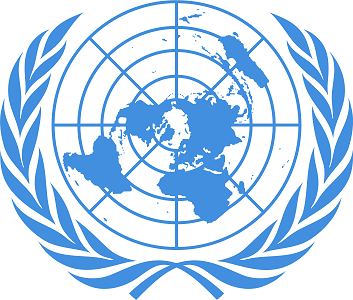The United Nations Office for Outer Space Affairs (UNOOSA) works to help all countries, especially developing countries, access and leverage the benefits of space to accelerate sustainable development. We work toward this goal through a variety of activities that cover all aspects related to space, from space law to space applications.
We help countries build their capacity to develop and make the most out of the space sector through a two-fold approach: on one side, we provide resources such as training, workshops, conferences and knowledge-sharing portals; on the other side, we complement these with concrete opportunities for countries to expand their space capabilities, such as fellowships and competitive programmes, some of which targeting specifically developing countries, for example under our Access to Space 4 All Initiative.
In the area of disaster risk reduction, our dedicated programme, UN-SPIDER, helps countries use space data and technologies, such as satellite imagery, to prevent and manage disasters.
We also help countries understand the fundamentals of international space law and increase their capacity to draft or revise national space law and policy in line with international normative frameworks on space. This is particularly important as more and more actors enter the space arena.
We support transparency in space activities, through measures such as the Registry of Objects Launched in Outer Space, which we maintain, and which links each object to its responsible country.
We work not only to promote sustainable development through space, but also to ensure the sustainability of outer space activities, fostering international solutions to problems such as the rapid increase in space debris, to preserve space for future generations.
We work with space agencies and space leaders around the world to devise solutions to challenges that require an international response, such as the threat of a Near-Earth Object impact and the need to accelerate the compatibility of GNSS systems.
